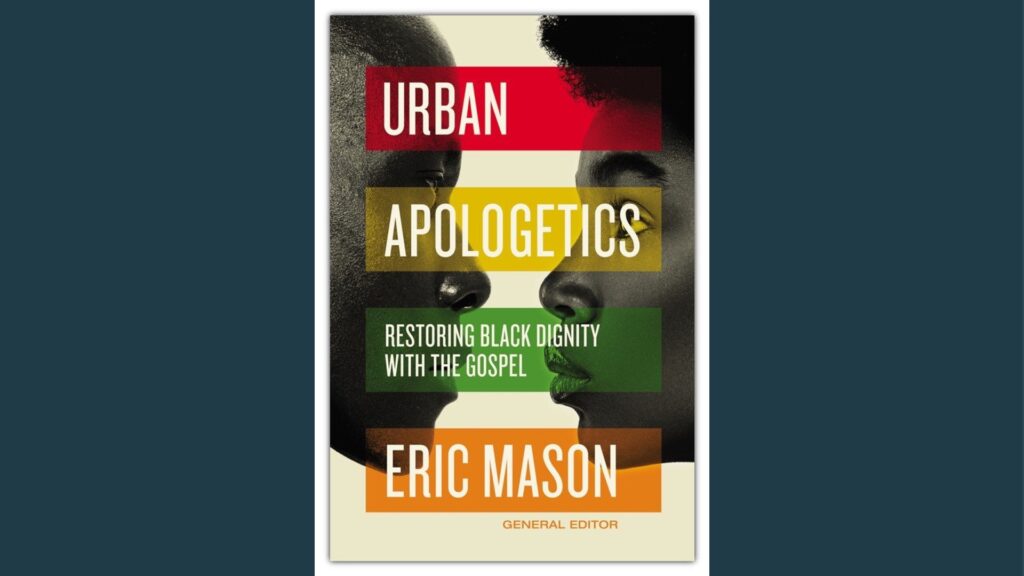There was a time when urban culture was limited to the inner city. That is no longer the case. Urban culture has spread far beyond the inner city with the influence of hip hop, rap music, and the cultures that those musics represent and have helped to create. Urban Apologetics is a book aimed at engaging urban culture with the gospel of Jesus Christ. As the subtitle of the book suggests and as the contributors point out, the primary focus of the book is helping the black church minister within the primarily black community.
I do not pastor a black church and I am not a black man. However, I found this book to be very helpful. In the conclusion, Eric Mason points out that urban apologetics is ultimately spiritual warfare, “Black religious identity cults have established theses as opponents of Christ, and their false teaching is just as deceptive and damaging as the serpent’s.” Urban Apologetics is another tool for Christians to use as they work to see people delivered from “ideologies and identity cults” and delivered into Christ’s family.
The book is composed of fifteen chapters with 11 different contributors. The chapters cover topics such as Restoring Black Dignity, What is Urban Apologetics?, The Nation of Islam, Engaging Hebrew Israelites, and Black Atheism.
This book helped me to understand the pull of ideologies such as the Nation of Islam and Kemetecism. It also revealed to me many of the holes that exist in my apologetics training that is built on a more classical style. For instance, I realized as I read that I have never been taught nor read anything about the Nation of Islam.
Perhaps the greatest strength of this book is that it is written by people of color who are committed to debunking the idea that Christianity is a white man’s religion. In the introduction, Mason points out that the black church was once the center of the black community. This book is written with a desire to see the black church return to the center of urban culture, with the life-giving message of the gospel of Jesus Christ.
If you pastor in an inner-city context, this book is for you. But, this book is important even if you pastor in rural Kentucky because urban culture is being exported out of the city center. Ideas and ideologies are shared via social media and blogs. You don’t have to travel to find urban culture, urban culture has come to you. Christians have a responsibility to share the gospel and give a reason for the belief that we have in Christ. This book is important because it serves as a reminder that the gospel is the hope for all people. For the Jew and the Gentile. The gospel is the hope for rural Americans and inner-city Americans.
If you, like me, live in a heterogenous community, urban apologetics is one more tool in your apologetics toolbox to minister to the different kinds of people living around you.
Finally, this book is important because it reminds its readers that philosophy and strong arguments will never be enough. Christians need biblical literacy, “the ability to know God’s heart and mind” through the Scriptures and the ability to share the transforming power of the Bible with others so that they may personally experience Christ. But, Christians don’t just need biblical literacy so that they can win arguments, “The goal of Biblical literacy is not to win a debate, but to win souls from all nations.”
Urban Apologetics begins with a strong focus on reaching the black community. The authors point out some weaknesses that have existed in other apologetics and in the white-washed Jesus that dominates some of our churches. However, the book ends with a reminder that the gospel is for all and a strong call for believers to grow in Christ and carry the gospel.
Urban Apologetics is needed in a world that is shaped by urban culture. Christians must confront urban culture with the gospel of Jesus. Jesus doesn’t exchange urban culture for white culture or indigenous culture for American culture. Jesus redeems culture for his own glory and for the good of his people.


